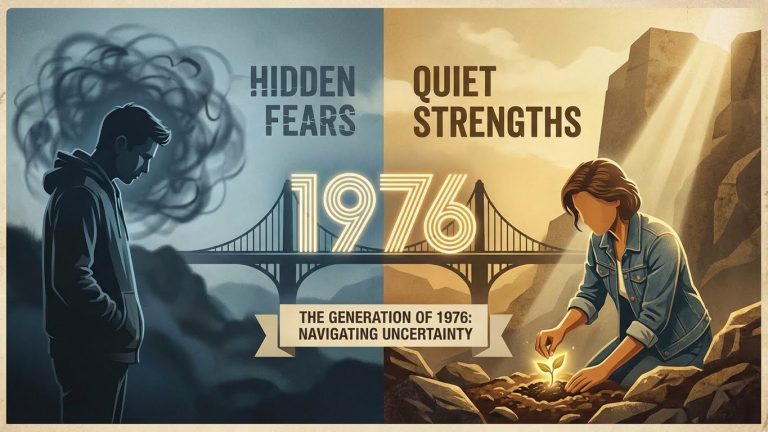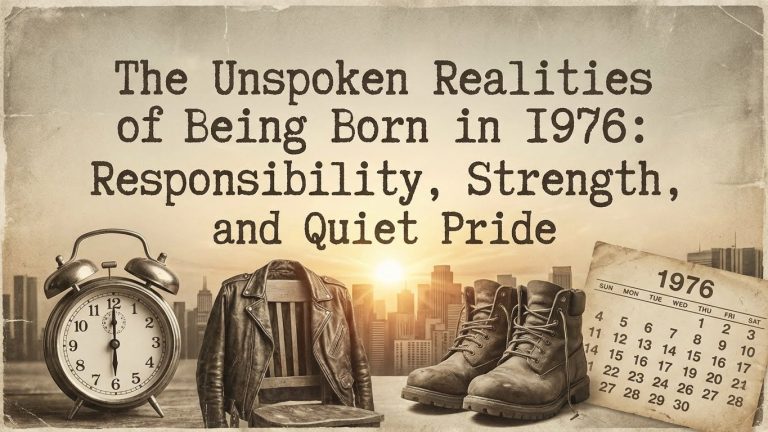When I first opened the envelope, my heart dropped. Inside was a formal letter from the city’s municipal enforcement division. I was being fined $5,000 for a violation I didn’t even realize I had committed.
The charge? Operating a “commercial activity without a proper permit.” The alleged offense? Renting out a portion of my home on a short-term rental platform for a weekend.
At first glance, I thought there must’ve been a mistake. I wasn’t running a business. I wasn’t dodging taxes. I was simply trying to earn some extra money to cover my mortgage while I was out of town. But the notice was very real, and the fine was due in 21 days.
I had three choices:
- Pay the fine.
- Lawyer up and potentially spend more than $5,000 fighting it.
- Research like my life depended on it.
I chose option 3. And what I uncovered — a little-known legal loophole buried in local municipal code — changed everything.
The Growing Grey Area of Short-Term Rentals
To understand how I ended up here, we need to rewind a bit.
Like many homeowners these days, I occasionally rented out the spare room in my house on platforms like Airbnb. It wasn’t a full-time business — more like a side hustle. I never hosted more than three weekends a year, and I always made sure guests were respectful of the neighborhood.
But what I didn’t realize was that a new municipal ordinance had recently passed, requiring short-term rental hosts to obtain a “temporary lodging permit.” Failure to do so could result in hefty penalties.
The kicker? The city didn’t send out notices, emails, or even update the official rental platforms with the new rules. It was buried deep in their online code — and I had missed it.
So technically, I was in violation. But was I really operating “without a permit”?
Discovering the Hidden Clause
I decided to read the entire municipal code for temporary lodging regulations. It was 63 pages long and riddled with legal jargon. But deep into the fine print, I found Section 14.7(c) — a clause that would become my saving grace.
It read:
“A private individual hosting fewer than four distinct lodging periods within a calendar year, and not exceeding 30 aggregate nights, shall be deemed a non-commercial user for the purposes of this ordinance and shall not require a permit unless engaging in habitual or revenue-generating behavior indicative of business operation.”
I read it three times.
My case fit exactly into that exception. I had hosted three weekends — nine total nights — within the year. That was well under the 30-night cap. I hadn’t marketed it as a business. I hadn’t even turned a large profit.
I wasn’t a commercial user. Legally, I didn’t need a permit.
Building My Case
I drafted a calm but firm appeal to the enforcement division. Here’s what I included:
- Documentation of Dates: Screenshots showing the three distinct weekends I hosted.
- Proof of Earnings: My payout history showing a modest income — less than $1,000 total.
- A Statement of Intent: I explained that I was unaware of the new ordinance and acted in good faith.
- Reference to Section 14.7(c): I highlighted the exact legal text that exempted me.
I attached all supporting documents, labeled clearly, and sent both physical and digital copies.
Then I waited.
The Response
Two weeks later, I received a reply from the enforcement department. I opened the envelope with shaking hands.
“Upon review of your appeal and supporting documentation, we have determined that you meet the conditions outlined in Section 14.7(c). The fine has been dismissed, and no further action will be taken.”
I couldn’t believe it. Relief flooded my body.
A simple line of text in a sea of legal language — overlooked by the enforcement notice — had just saved me $5,000.
What I Learned About Legal Loopholes
I used to think of “loopholes” as tricks wealthy people used to get around the system. But now, I understand they’re often legal clarifications or built-in exceptions — and they’re available to everyone, if you know where to look.
Here’s what I learned from this experience:
1. The Law Isn’t Always Black and White
Most legal documents are designed with flexibility in mind. They need to account for nuance. That’s where exemptions and definitions matter. Terms like “commercial activity,” “habitual use,” and “business operation” may seem obvious — but legally, they require interpretation.
2. Most Fines Are Issued Automatically
City systems often issue citations based on algorithms or tip-offs. Enforcement officers may not investigate individual situations unless you push back. If you’ve received a large fine, always read the full text of the law. Don’t assume the system is correct.
3. Appeals Work — If You Speak Their Language
My first draft of the appeal sounded angry. But I rewrote it in a tone that aligned with legal communication: factual, respectful, and based on their own terminology. The more you mirror their language, the more seriously they take your case.
4. You Don’t Always Need a Lawyer
Don’t get me wrong — lawyers are invaluable when stakes are high or the law is ambiguous. But if you’re dealing with a straightforward citation, doing your own research can save you thousands. Municipal codes are public for a reason.
How You Can Protect Yourself
If you ever find yourself in a similar situation — or just want to stay ahead — here’s what you can do:
✅ Know Your Local Laws
Even if you’re not running a business, your actions might fall under regulations. Renting, selling, modifying your home — all of these have rules. A quick search of your city’s code (often available online) can save you from unexpected penalties.
✅ Search for “Exemptions” or “Definitions”
Legal codes often include sections that define the exact meaning of terms or carve out exemptions. These are where most loopholes live. Terms like “temporary,” “non-commercial,” or “incidental” can provide powerful legal clarity.
✅ Document Everything
Screenshots, receipts, emails — keep them all. They can be your defense in case of false accusations or misunderstandings.
✅ File Appeals — Politely and Thoroughly
Don’t ignore fines. Respond clearly, cite the law, and provide organized evidence. You don’t need legal jargon — just clarity and respect.
Final Thoughts: Justice Favors the Informed
What began as a moment of panic turned into an empowering lesson. I realized that we often think of the law as a rigid force, but in reality, it’s a complex system designed to serve people — especially those willing to dig deeper.
I could’ve paid the fine out of fear. I could’ve ignored the letter and risked worse consequences. But I chose to fight — not with aggression, but with knowledge.
And that knowledge — one line in a forgotten section — saved me $5,000.
So the next time you feel the system is against you, remember: the rules may be hidden, but they’re there. And if you learn how to read them, they might just save you, too.











